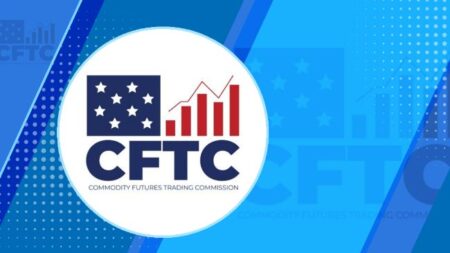Hong Kong’s crypto hub ambitions face hurdles as more than a dozen exchanges struggle to secure full licenses due to regulatory concerns.
Cryptocurrency exchanges in Hong Kong seem to be grappling with challenges in securing full licenses as the city pushes to become a crypto hub, per a Bloomberg report, which cites people familiar with the matter.
The city’s Securities and Futures Commission has reportedly identified unsatisfactory practices during on-site inspections of 11 “deemed-to-be-licensed” exchanges, raising doubts about their ability to meet full licensing requirements. The investigation revealed that some exchanges were overly reliant on a small number of executives to manage client asset custody, while others are not “properly guarding against cybercrime risks,” the report says.
The exchanges under scrutiny reportedly include big names such as Crypto.com and Bullish as well as local trading platforms like HKbitEX and PantherTrade.
So far, only two platforms — OSL and HashKey — hold full licenses in Hong Kong. While the SFC aims to issue additional licenses by the end of 2024. the process has already led to the withdrawal of 12 applications, including those from Bybit, Huobi HK, and OKX.
You might also like: Web3 challenges lead Hong Kong official to push for virtual bank expansion
Hong Kong scrutinizes regulation for crypto exchanges
The SFC’s findings emerge as the regulator intensifies its efforts to enforce strict compliance among crypto platforms, with a particular focus on safeguarding client assets and enforcing robust know-your-client protocols.
This heightened scrutiny follows a scandal involving JPEX, an unlicensed crypto platform accused of defrauding over 2,600 victims of more than $200 million. The SFC previously reported that JPEX and crypto influencers had made false or misleading claims on social media, falsely suggesting that the exchange had applied for a virtual asset trading platform license in Hong Kong.
However, the regulator later highlighted that JPEX had not submitted any such application, despite its assertions of being a “licensed and recognized platform for facilitating the trading of digital assets and virtual currency.”
Read more: Hong Kong lawmaker calls for legal framework to regulate DAOs
Read the full article here









